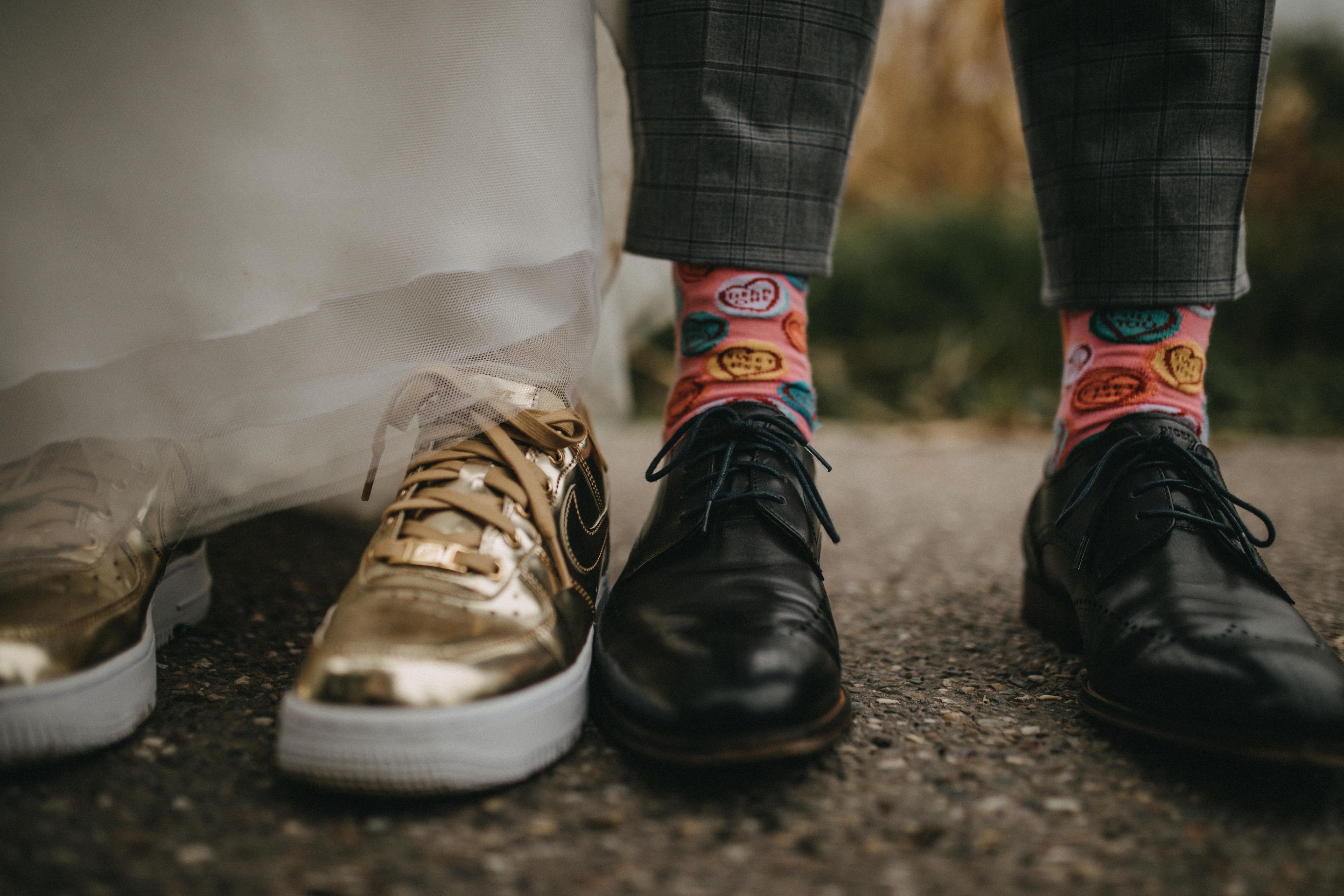Rates Part One
Được phát hành: 20.04.2024


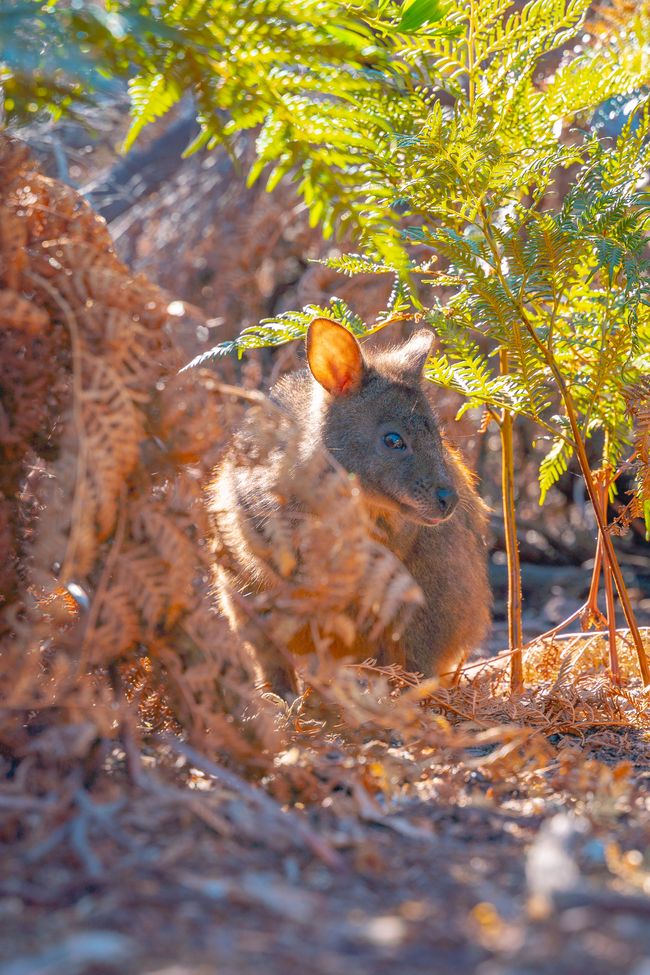
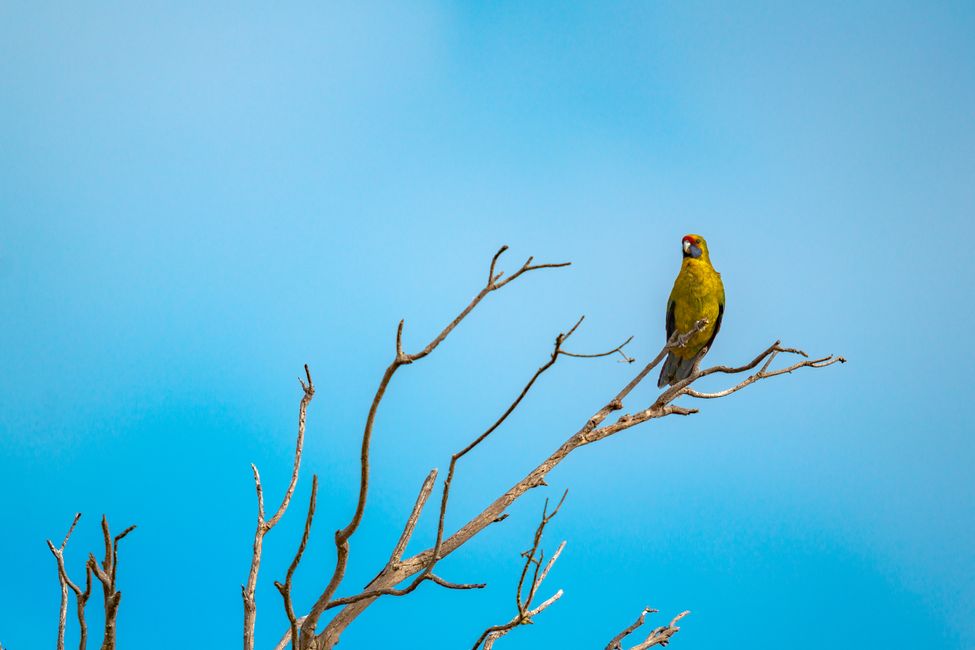
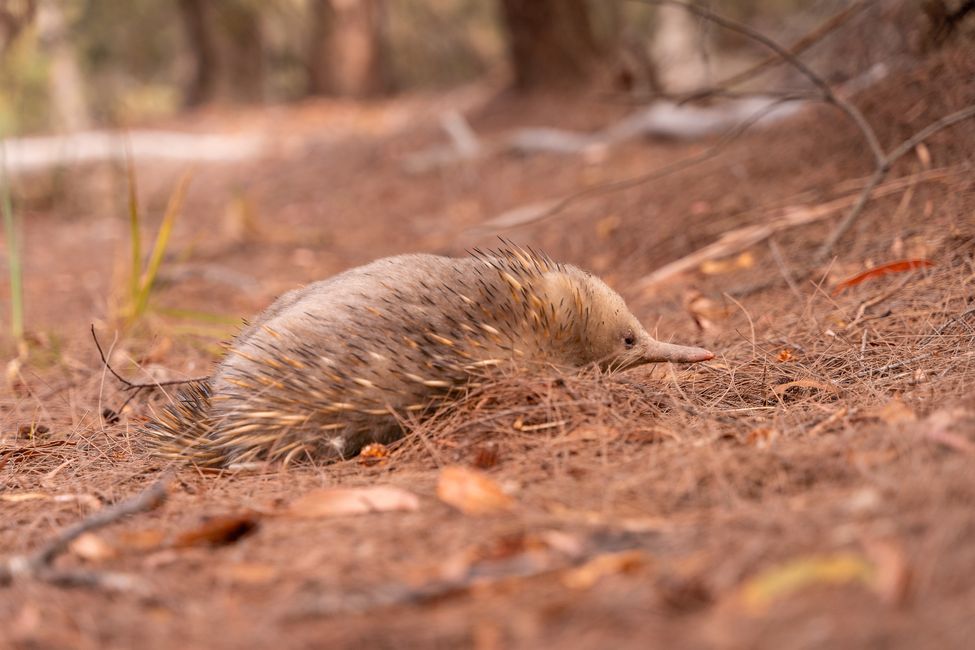
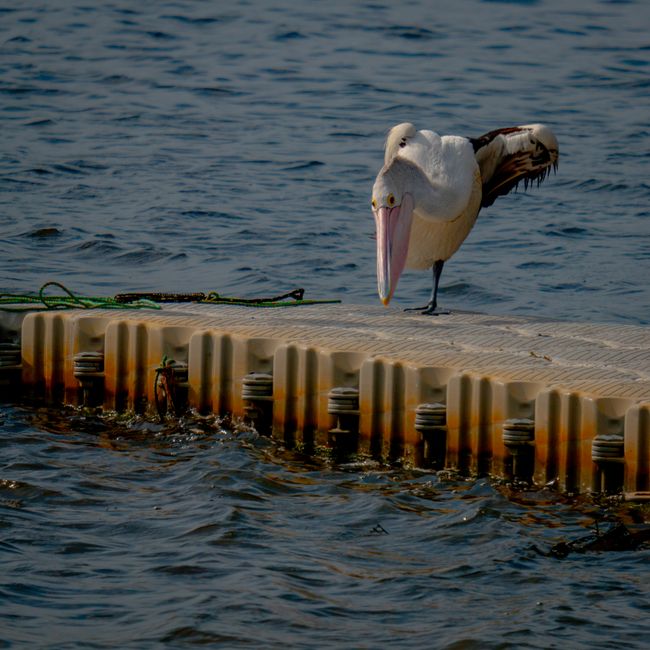
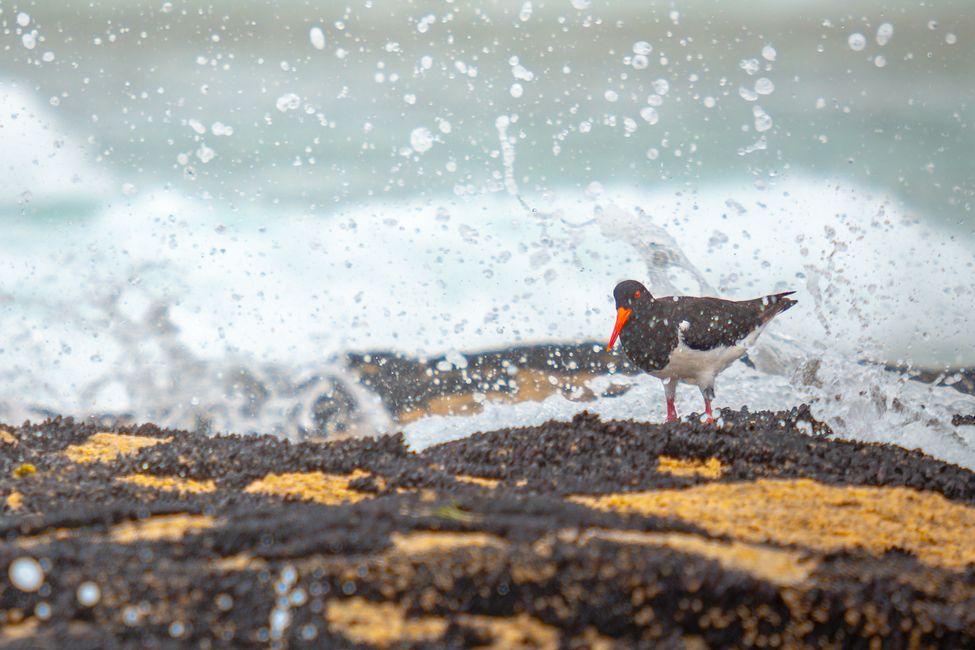
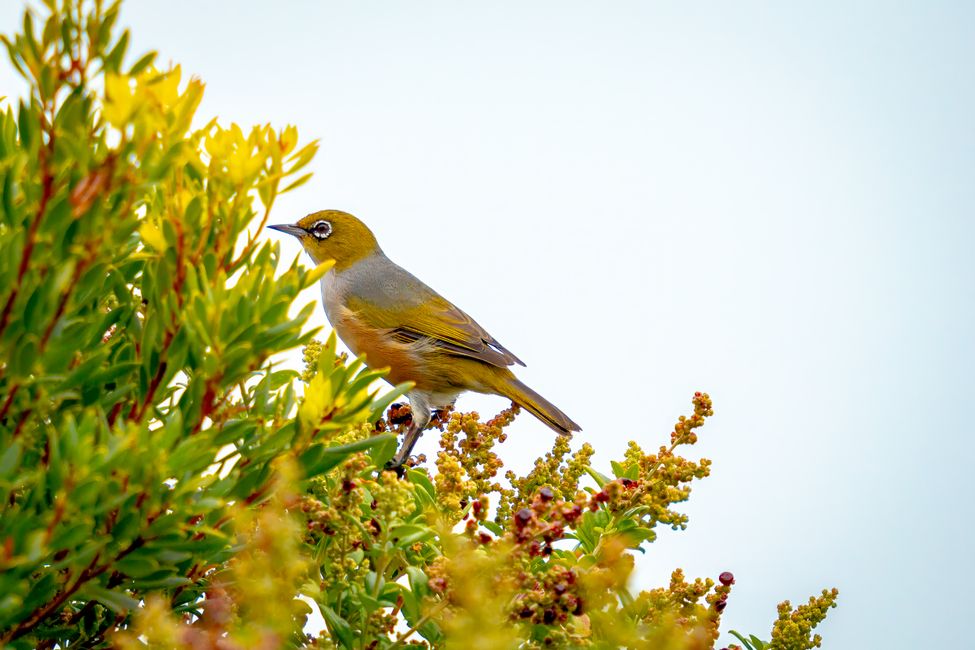
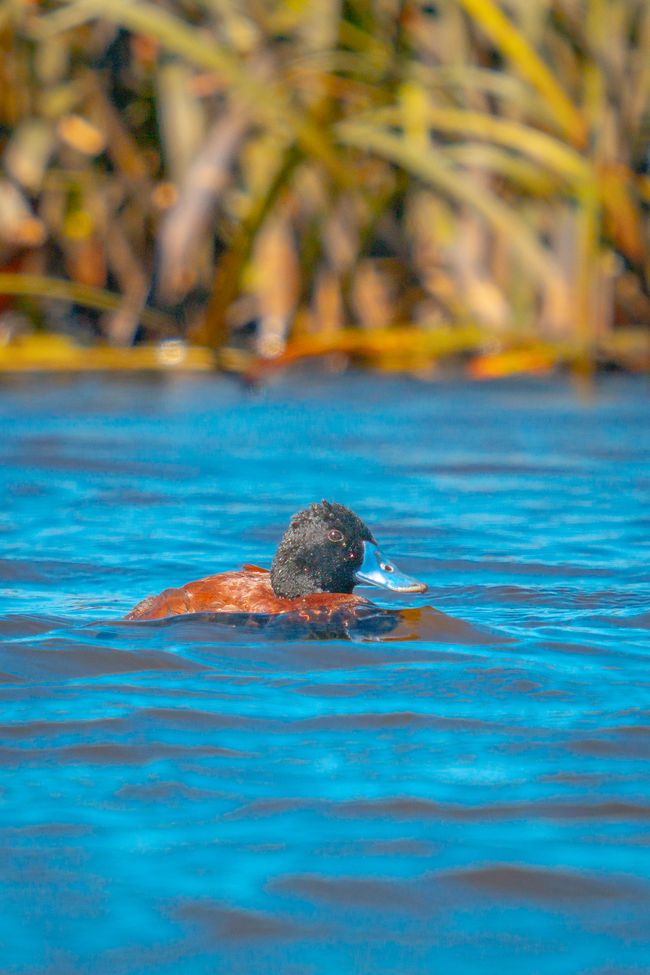
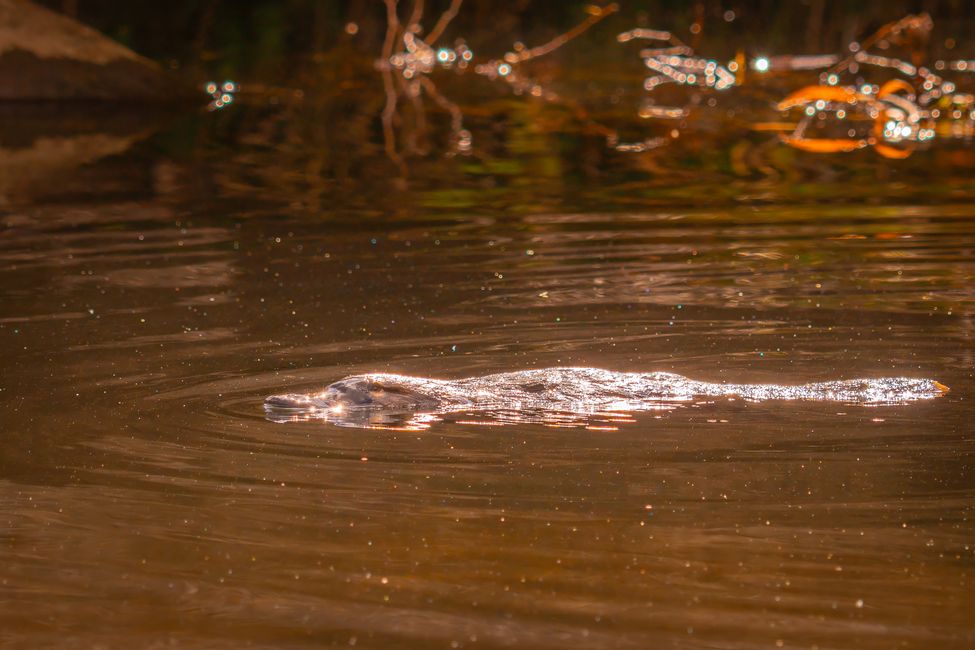
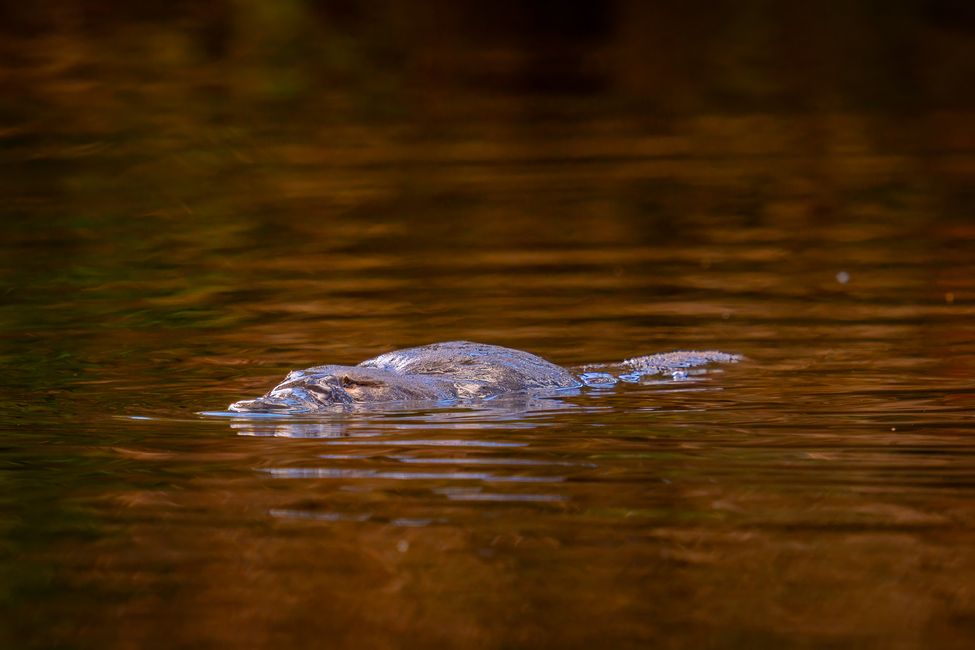
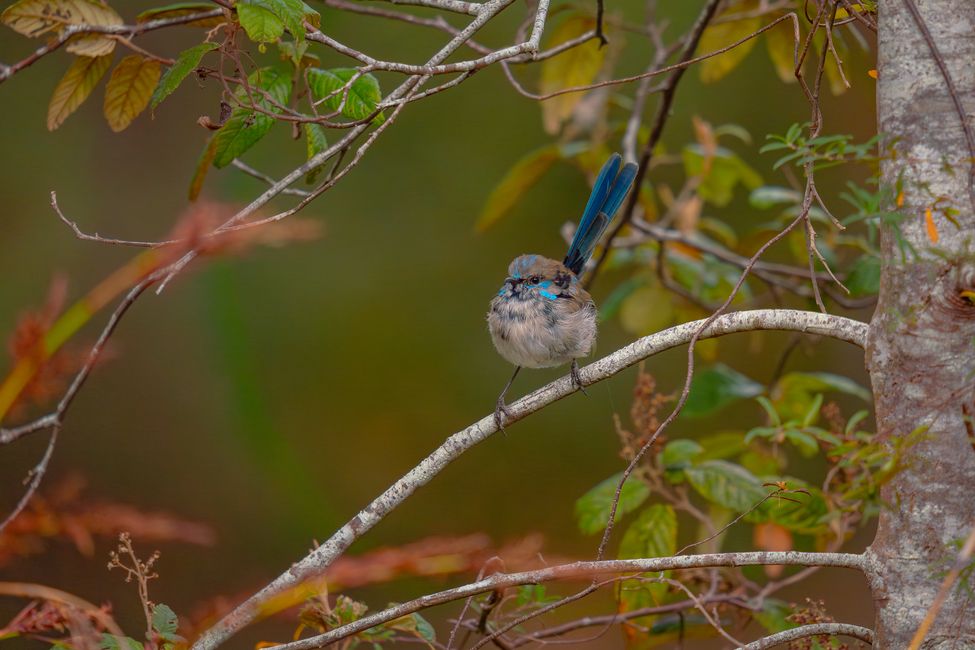
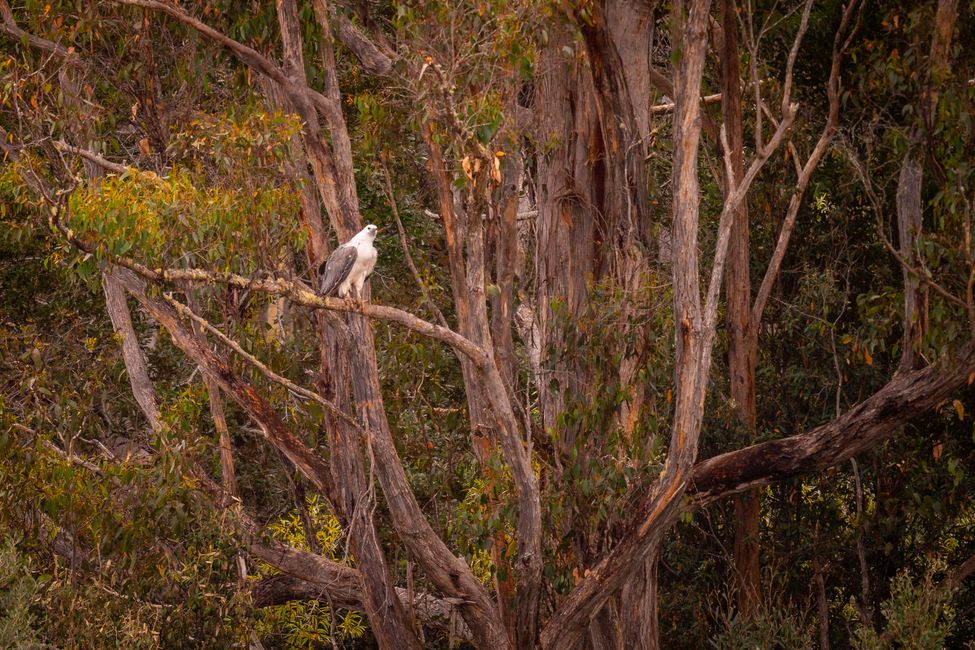
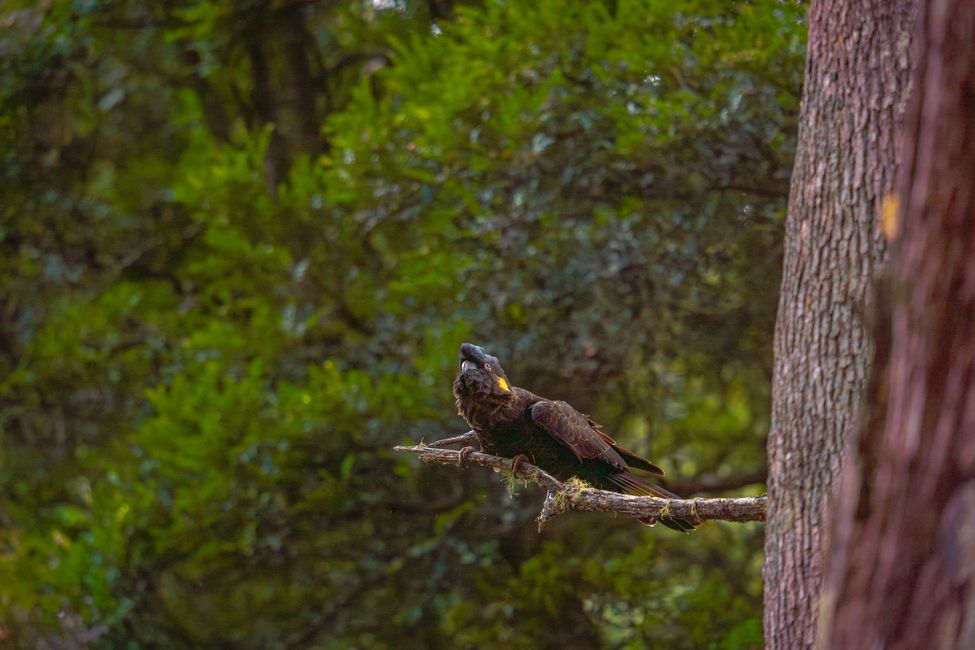
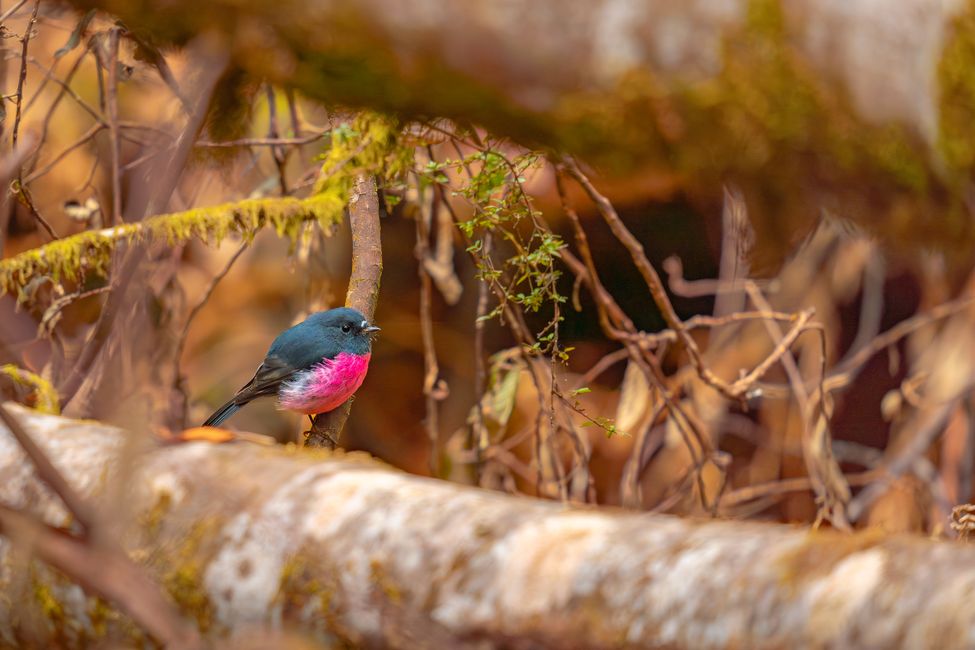
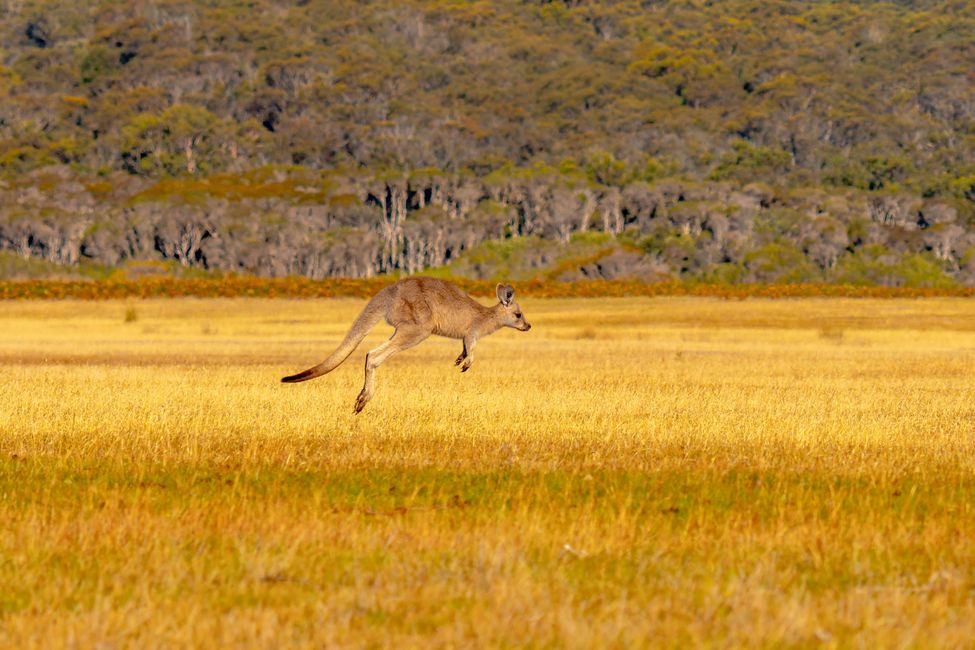
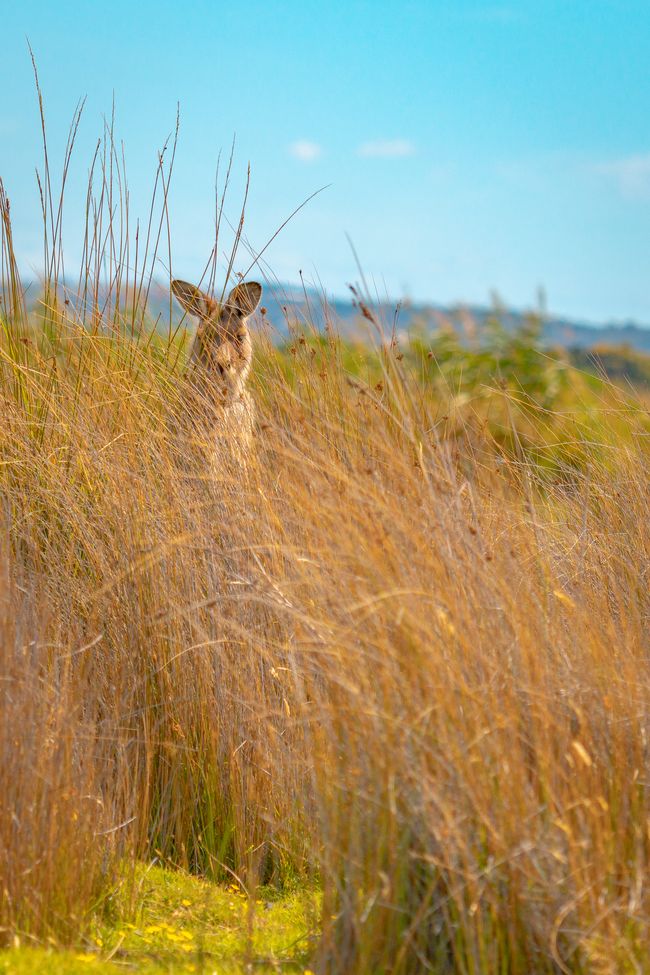
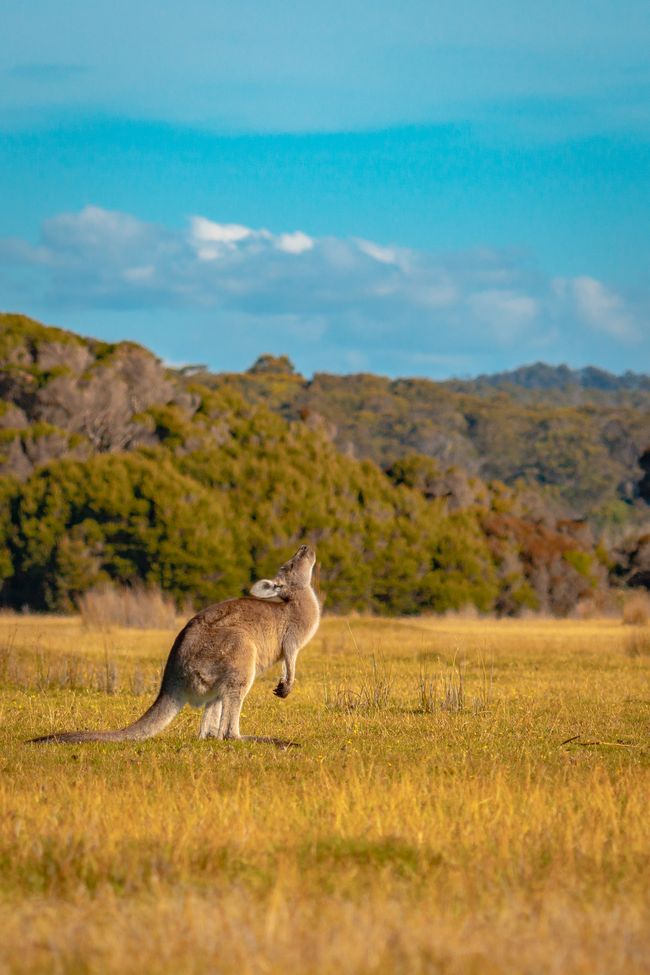
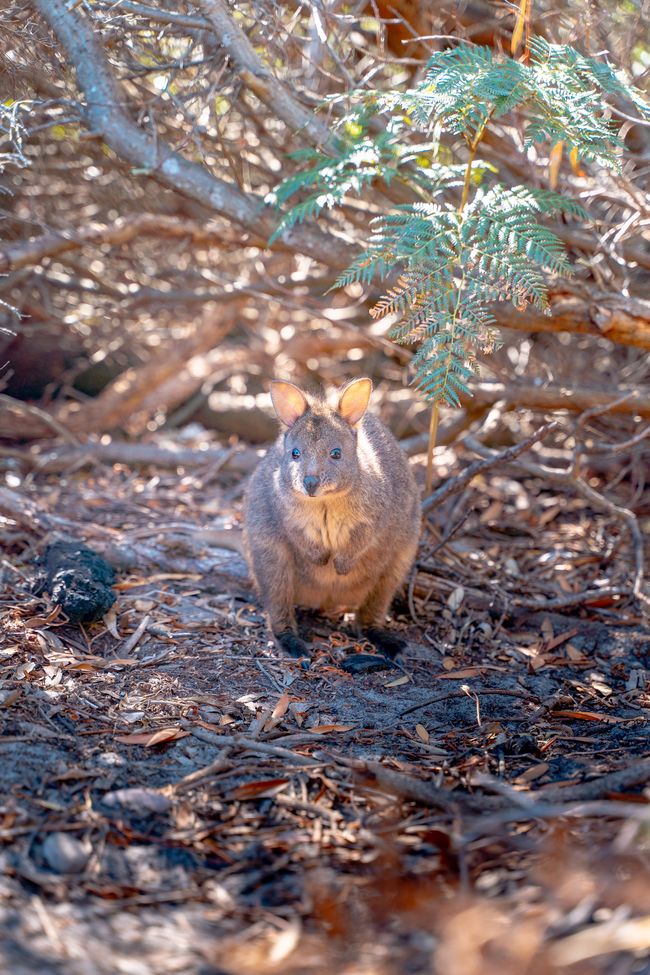
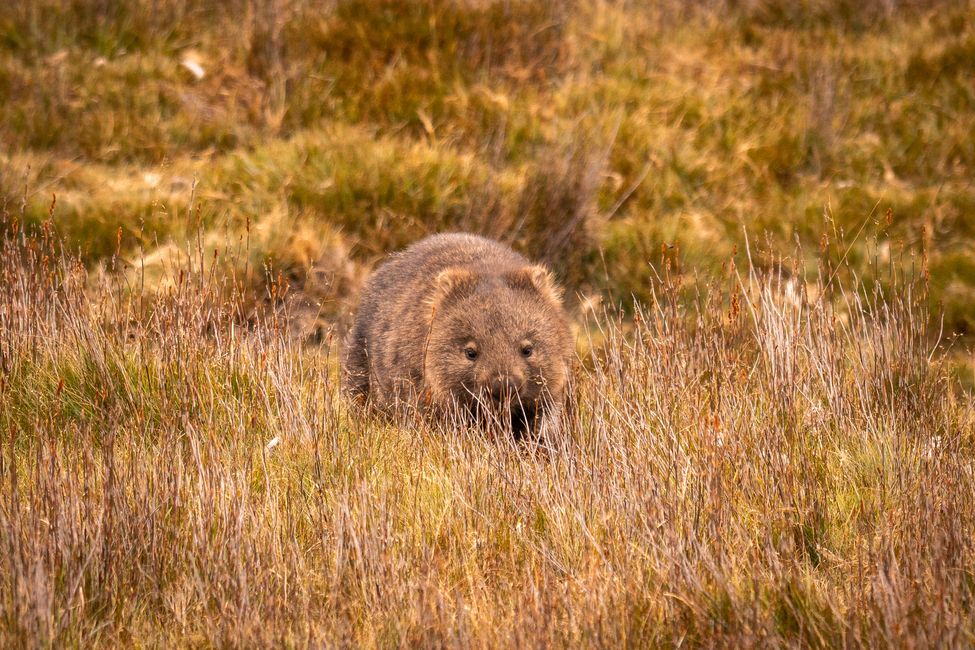
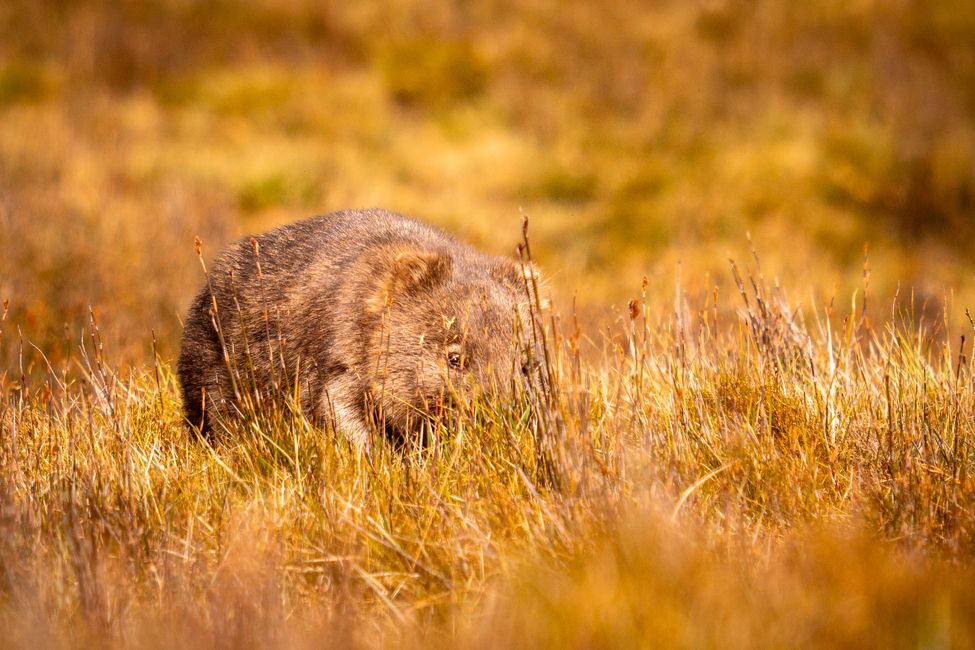
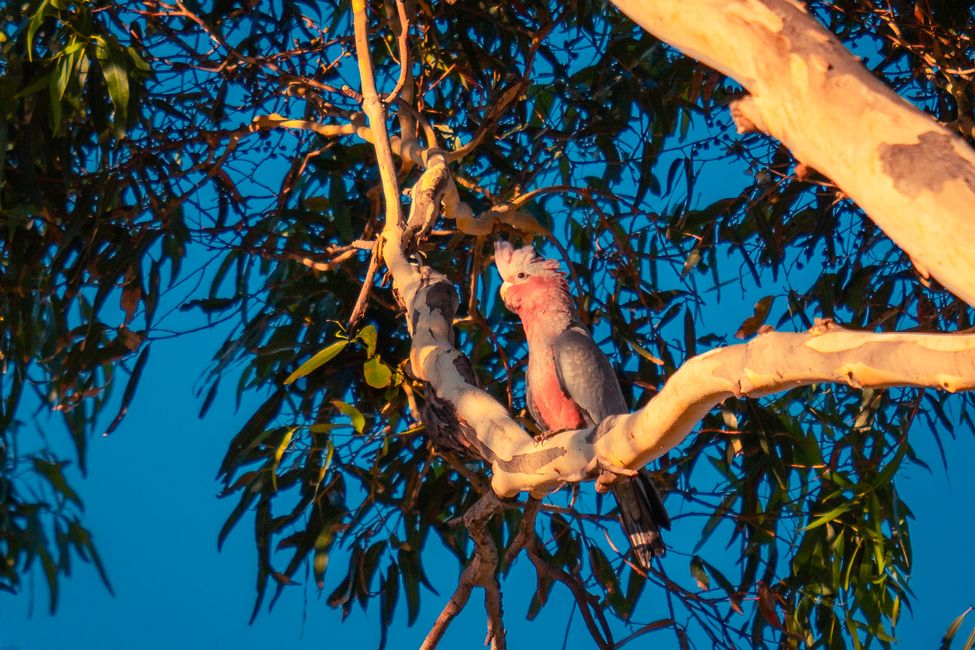
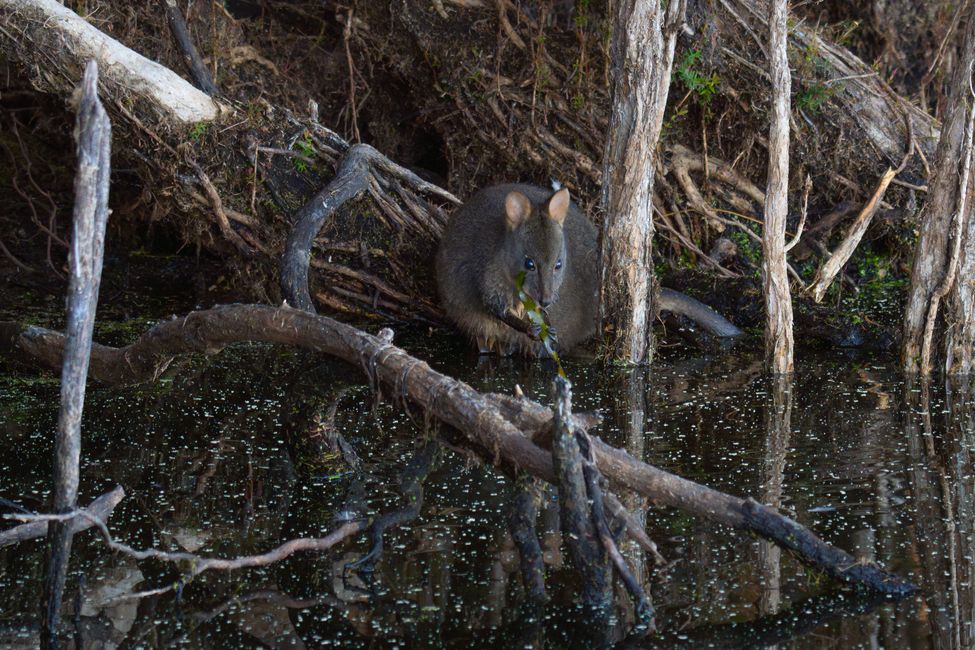
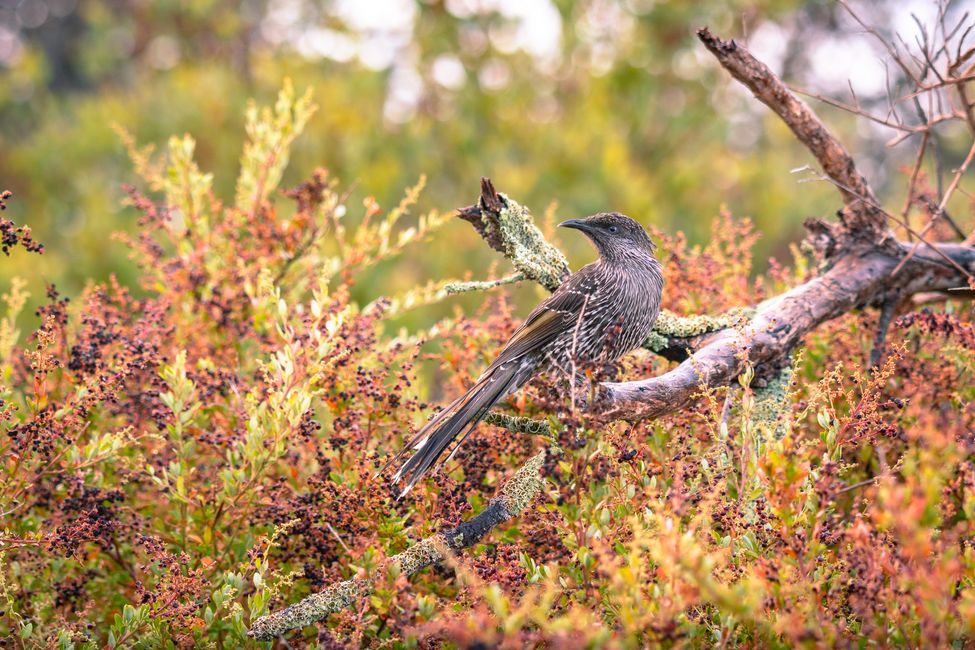
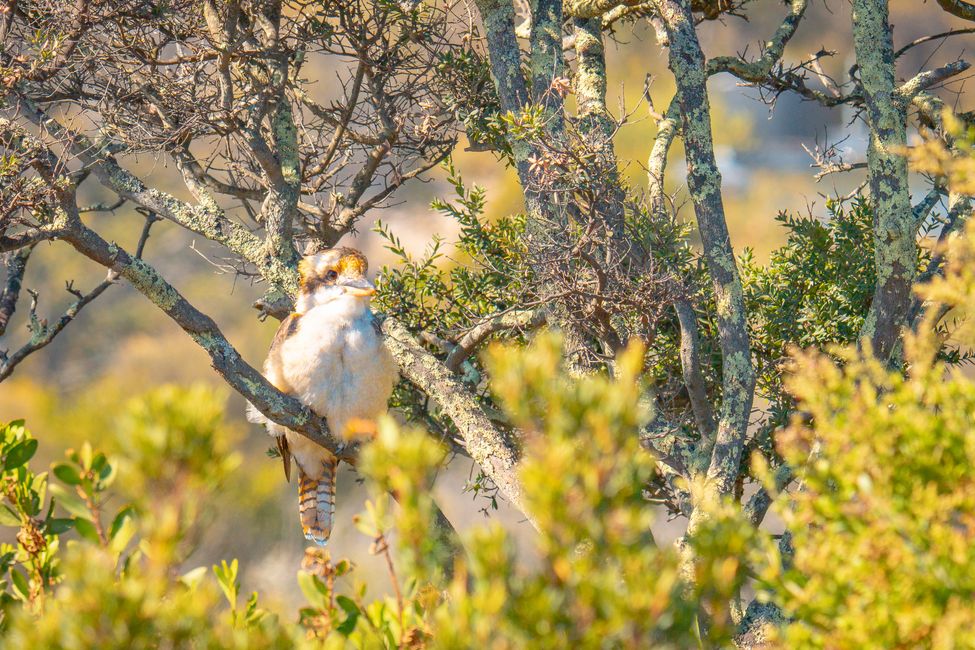
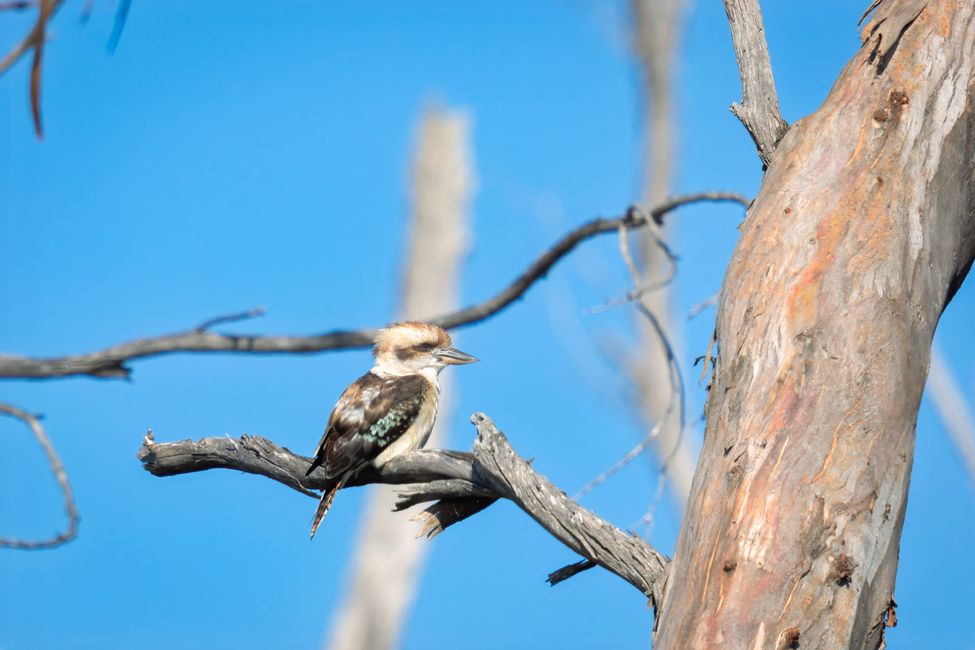
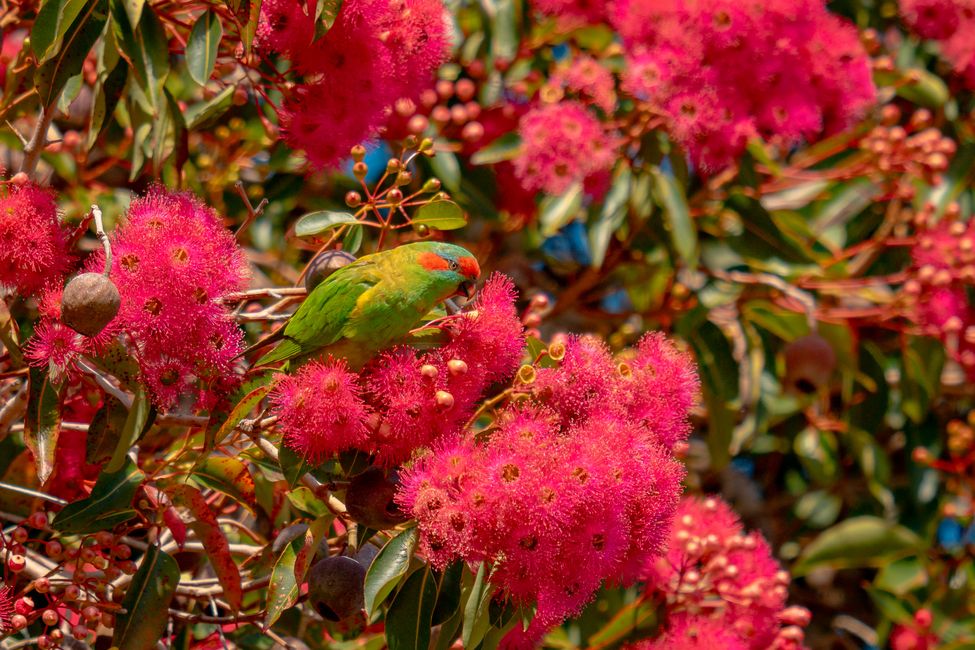
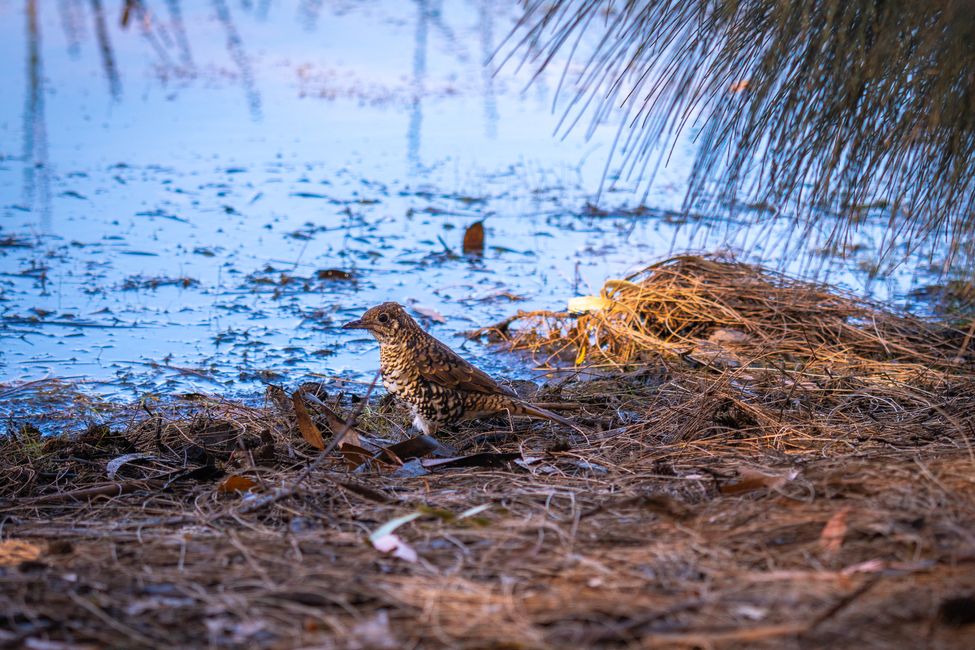
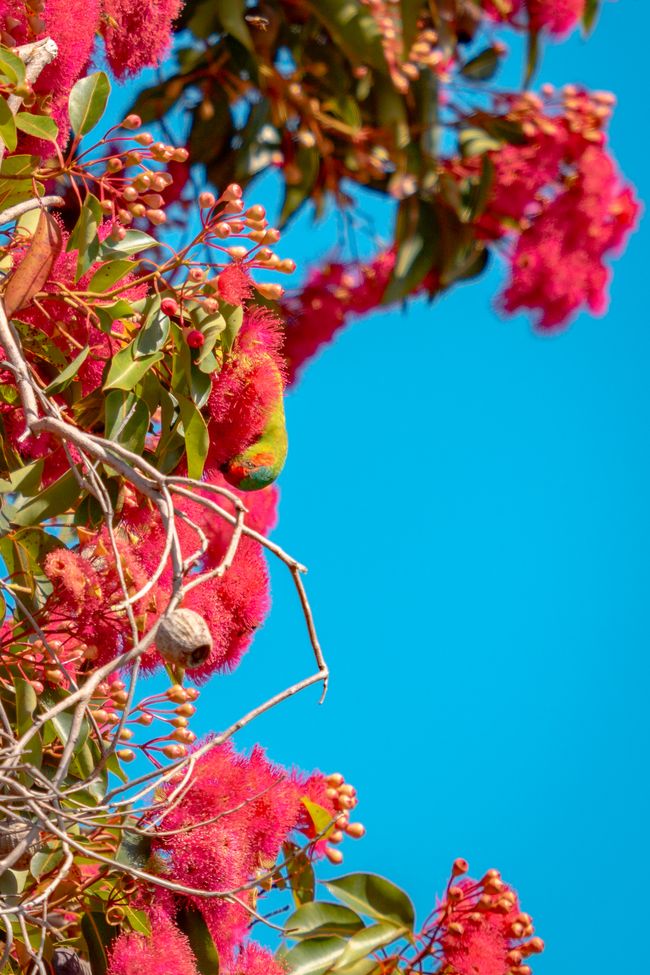
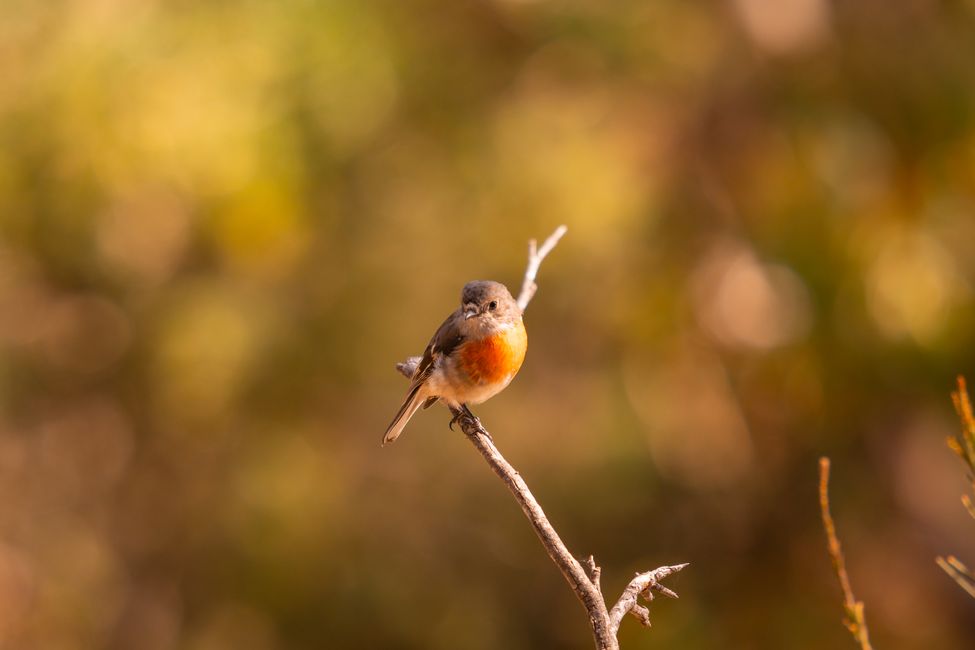
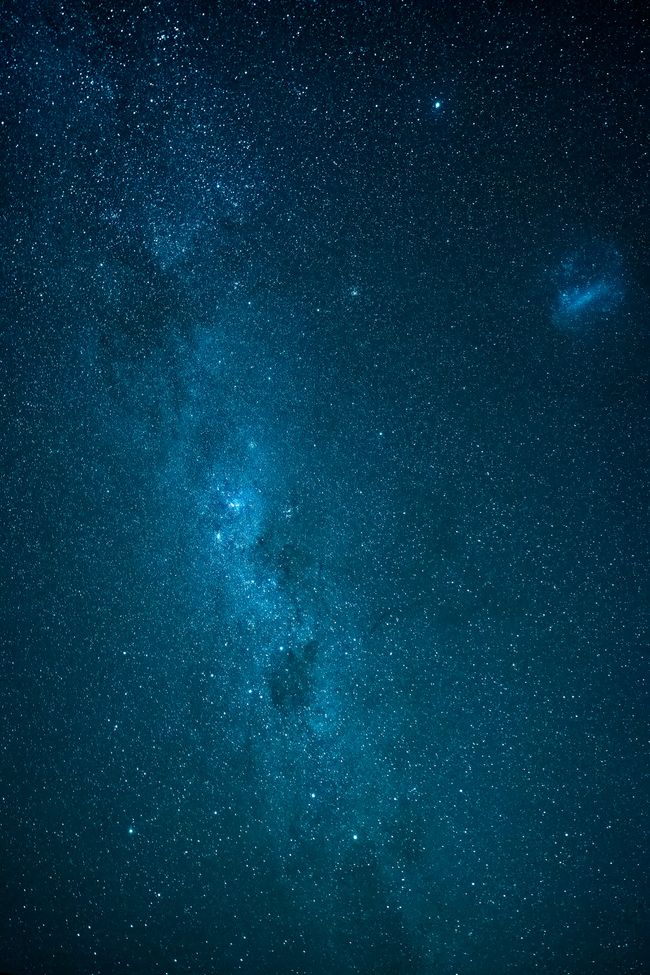
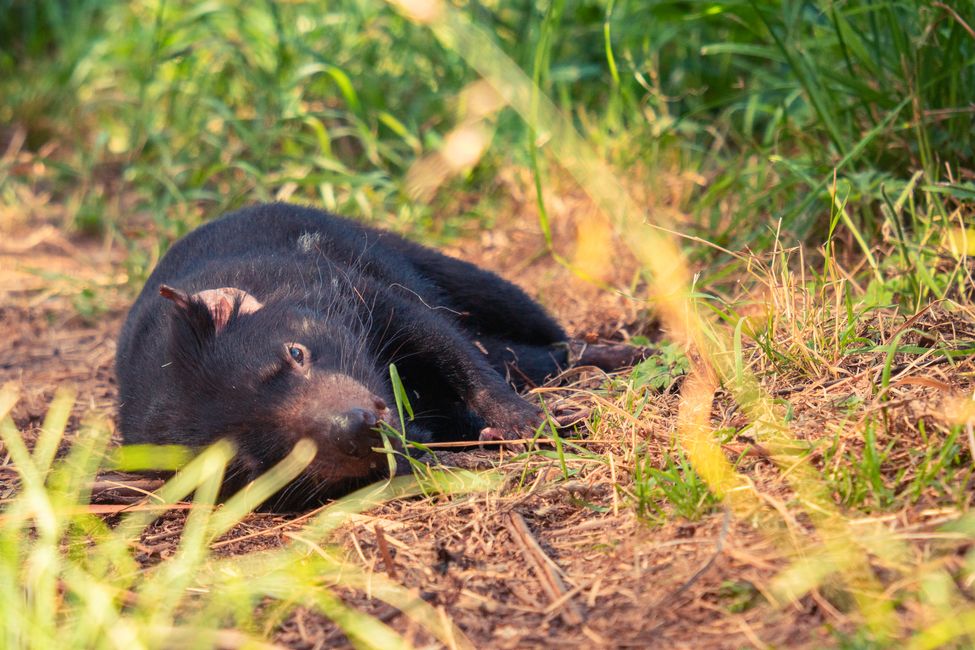
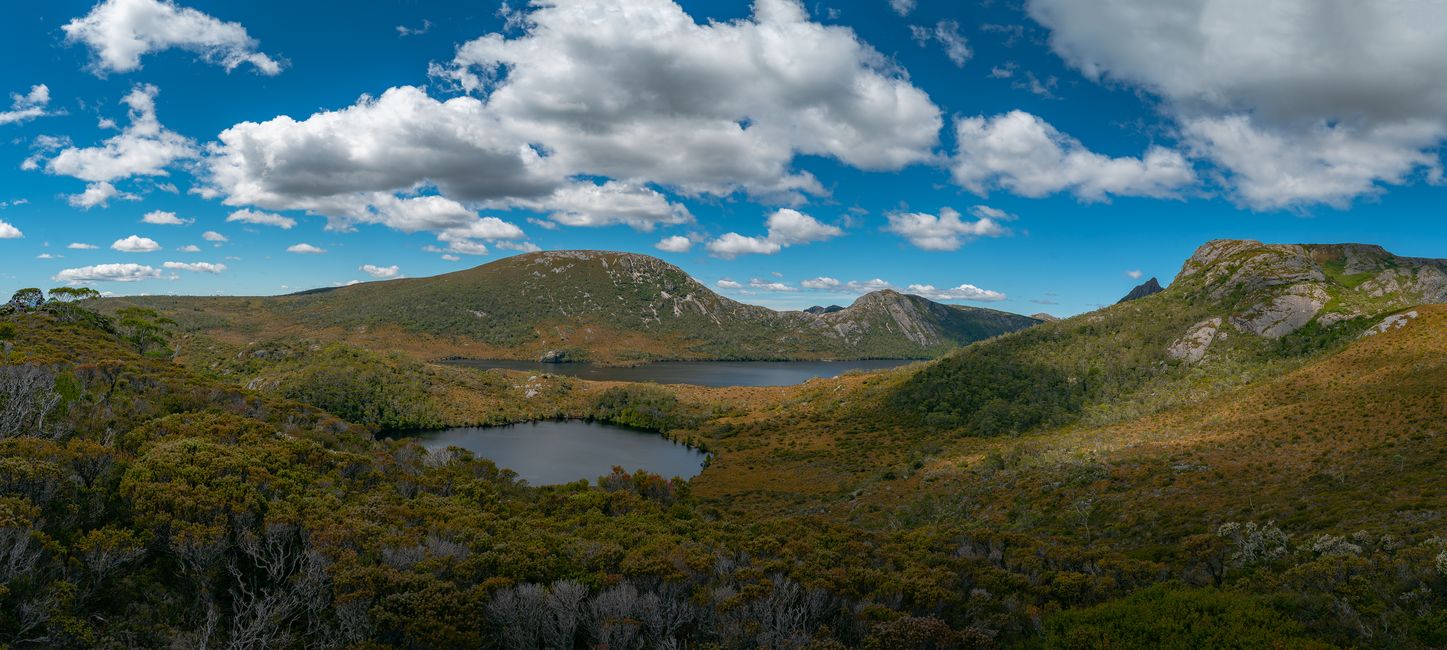
Đăng ký tin
06.02.- 04.03.2024
After a stopover in Melbourne we continued on to Tasmania. Ohhhh, how we were so excited about this country. What awaits us at the end of the world. Everyone had asked us why not visit mainland Australia or New Zealand. We had seen two photos of this country before the trip and we were hooked. That's exactly where we want to go. We will spend a few days in Sydney afterwards because of a stopover, but we will travel around Tasmania for four weeks and then have another three weeks for workaway/helpx or some other classifieds platform through which we will find a family/organization where we can get some work, accommodation and food in exchange for something.
After we picked up our rental car, a Hyundai Tucson, we equipped it with all the camping equipment. In typical German fashion, we checked all the prices in the various shops. Where can we get the cheapest pan, camping chair, cutting board? Do we really need a table? And which water canister should we get? Will a cooler really fit in the footwell behind Tine's seat? What liter size? OK, there was one on offer with a 10 liter capacity. Three days later we bought a second one :-) One for cheese, butter, eggs and one for wine and beer :-)
Yes, we live it up, but we save a lot on accommodation. Using various apps, we searched for a free campsite or a parking lot with a public toilet a maximum of 10 hours in advance. Germany could really learn a thing or two from that. Clean public toilets with toilet paper and soap. Sometimes it was just an outhouse, but that was enough. And we also found showers when we couldn't stand each other anymore. Every now and then we checked into a paid and very cheap campsite. There you could also enjoy more extensive and, above all, warm showers and do the laundry.
We spent our first night in a parking lot on a beautiful (dog) beach. Nevertheless, we noticed that the sun woke us up too early and that all the people walking our dogs looked into our cars. We should have thought about the fact that we could also use some privacy. In retrospect, it was mostly more for insulation, so that the daytime warmth would stay with us a little longer at night.
And then we headed north for almost two weeks, with a detour via Port Arthur, from the south along the east coast. The south offers cliffs with great viewpoints of the huge cliff faces. On the east coast there are breathtaking, white sandy beaches with turquoise blue sea. In Freycinet National Park we went on two hikes along Wineglass Bay, probably the most famous spot in Tasmania. We walked through forest, past the beautiful sandy beach, along a swamp area and through bushland, until we spent time collecting mussels at Hazards Beach in the blazing midday sun. Then we went uphill again through oak forests and along the cliffs, with a view of Oyster Bay back to the car park. 11 kilometers that challenged us physically; we hadn't been in such bad shape for a long time.
The roads along the coast were breathtaking. To the right, the turquoise sea, like we had seen before in Mauritius, and to the left, pastureland that reminded us a bit of Ireland. Kind of crazy.
In the north our highlight was Narawntapu National Park. Our campsite was behind a dune, directly 100 metres from the sea. We fell asleep listening to the sea and the wind, the nocturnal animals, and in the morning the many birds. Simply wonderful. In the afternoon we went into the forest there, to the bird lookout by the lake. Next to it was a large clearing. We waited there for another two hours until the kangaroos came out of the thicket and the forest on the other side. Some mother kangaroos had been out in the sun by the water with their offspring for a long time, and the possible fathers, who were quite a bit bigger, gradually joined them. We saw real kangaroos in the wild, without a fence, without being lured, just like that. And if you slowly got closer to them, they would stop, baffled, for a photo.
And then we decided to go looking for wombats. They are supposed to be easy to find at Cradle Mountain. We went on a long tour in beautiful sunshine. The ticket seller told us where we could find the wombats and sure enough, we did. In the final meters to the bus stop, one ran down the slope; it looked as if it was about to start rolling down. What a ball of wool, a cute ball of wool. And it ran very close to our jetty so we could look at it up close. We had already spotted platypuses; you need patience, veeeery lots of patience. We imagined them to be bigger and wombats somehow smaller.
The second day at Cradle Mountain was completely different to the previous one. It's not for nothing that they say that the weather in the mountains can change quickly. One day you're wearing shorts and a long-sleeved shirt so you don't burn your shoulders, and the next day you're wearing long clothes and a rain jacket over them. There was no great view. Everything was murky and muddy. Nevertheless, we walked for almost three hours in the drizzle through beautiful countryside that smelled of sauna infusions. And there were hardly any people around today, which made it even more pleasant.
Then we went west. In Queenstown there was this West Coast Wilderness Railway. We'd seen a documentary about it at home and were dying to take a ride. There was a free place to stay overnight by a mountain lake nearby, so we went for it. After giving our bodies an ice-cold wash, we sat with wine in our hands in a small piece of forest on the shore of the lake at sunset. The clouds flew over our heads. Suddenly the sky had darkened and it started to rain in gusts in a fine mist. And then the rain pattered down on the roof of the car and it was just wonderfully cozy in our sleeping bag. And then suddenly it went wrong and we were lying on hard ground. Goodbye romance. The next morning our entire skeletal system hurt and we absolutely needed a proper mattress, a proper bed. Well, we loved our new home and the "bed", but when you're in your mid-30s you can't sleep on hard ground anymore, especially if you're a side sleeper. So during the four weeks of car camping we treated ourselves to two nights in a very cheap motel with a real bed. It was good for a change. The train ride the next day was nice and something different, but still quite entertaining. And Queenstown itself is a somewhat strange little town. Once THE mining town far and wide, today it's more like, well, it's left its golden age behind...
In the southwest we visited Mount Field National Park and drove the 16 kilometers up to 1,040 meters. The single-lane path led us through four vegetation areas to the top of Lake Dobson. As the tourist information lady advised us against long hikes on the mountain because of the weather forecast, we only did a short hike around the lake. It was drizzling and windy. Nevertheless, the trees around the lake, cypresses that are over a thousand years old and the Pandani trees that are only found in Tasmania, offered a great backdrop. In the evening we had a small beer and live music in the bar opposite the stream, which we ended up visiting. The following day we hiked the long circular path past the three waterfalls. Russell Falls, probably the most famous, right at the beginning, after that there were only a few tourists to be seen and we had peace and quiet surrounded by huge trees. From the afternoon onwards there was live music again. The bar had put on a big folk music event. Ticket price: 99AUS $ p. P. That was too much for us. The sound was also good on the side opposite the stream, we were warm in our sleeping bags wrapped up on the folding chair and we had nice company from our neighbors. And the stingy German enjoys the cheap wine from the supermarket twice as much if he can save money and get the same music experience :-)
We drove a good 4000 kilometers in these four weeks. Apart from school buses, there is almost no public transport here. The Western Explorer Highway has nothing to do with a highway, but a lot to do with exploring. Behind each of the countless bends there is a new bend, unpaved road surface and sometimes the passenger has to 🤢. The grassy green pastures, sometimes yellow stubble fields with sheep, dairy cows or llamas. Sometimes our roads were decorated with meter-high ferns or we drove for ages past apple orchards. Who knows what we will see in the next hour? Birds of all colors, small blue wrens, red-bellied flame robins or large, white pelicans. We loved just driving off and the independence. Nevertheless, there were significantly more parking spaces in the north, east and south where you can spend the night. In the west you can hardly find anything, which really dampened the mood of the last week. So for the last few days we drove back to the east coast to our favorite places from the first week. And then we also had to think about our plan for the next three weeks in Tasmania. We wanted to get to know Tasmania from a different perspective - from the locals' point of view.
Đăng ký tin
Trả lời
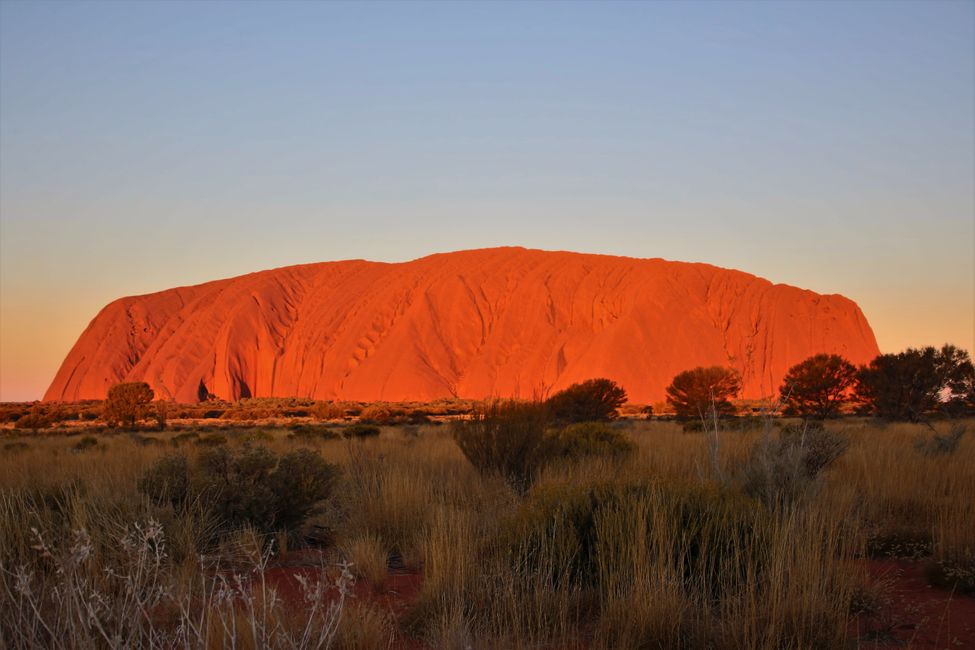
Báo cáo du lịch Châu Úc
